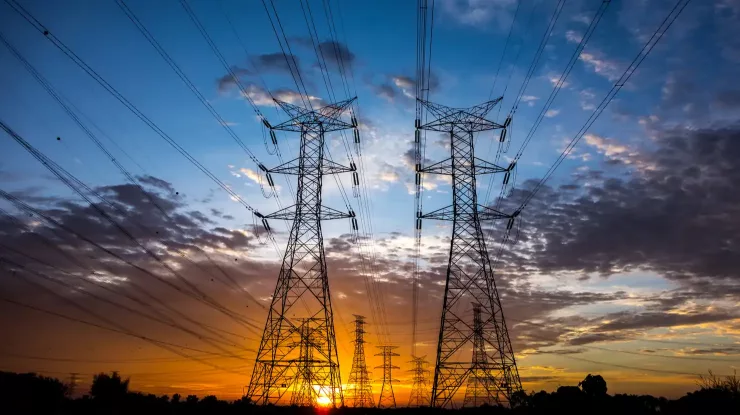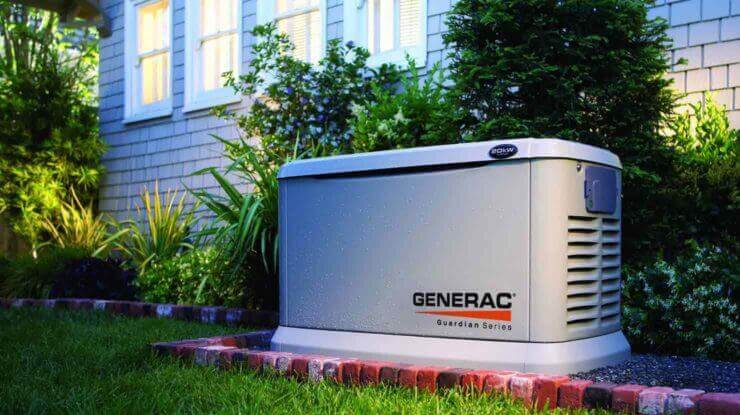Texas is a top state for residential solar panels. According to Google Project Sunroof, 90% of Texas buildings are solar friendly. But what are the top cities for solar panels in Texas? And why are they the best cities to consider rooftop solar? Here’s our summary of the best cities for solar in Texas, based on third party data.
How to Read Your Commercial Electricity Bill
Your commercial electricity bill typically has three sections – delivery charges, supply charges and demand charges. Understanding each of these can help you cut your business’ electricity bill.
Read More about How to Read Your Commercial Electricity Bill
89 Ways to Save on Your Electric Bill
When it comes to home budgeting, your electricity bill takes a big portion of your paycheck each month. Here are simple tasks that can lower your electricity bill while maintaining your home comfort.
Using an Energy Broker for Commercial Electricity
A commercial energy broker can help your business save money on energy costs, manage contract renewals, and find the best energy solution. They can also provide advice on various energy plans and contract terms, saving you a significant amount of time.
Read More about Using an Energy Broker for Commercial Electricity
Texas Ancillary Services – What Are They? And Why Should You Care?
If you’re a business owner in Texas, you need to know that Ancillary Services could be passed through on your bill, depending on your contract language.
Ancillary Services are processes that help the ERCOT grid maintain a stable, efficient and safe operation. These processes and tools let ERCOT control voltage, frequency, flow and system recovery if there’s an emergency event. And new ancillary services charges in Texas could show up as line items in your business electricity bill.
Read More about Texas Ancillary Services – What Are They? And Why Should You Care?
Developing a Sustainability Strategy for Your Small Business
A sustainability strategy for your small business can help you attract new employees and new clients, as well as contribute to a greener environment. And becoming a green business can have a big impact on your bottom line. Here’s how to develop a sustainability strategy for your business.
Read More about Developing a Sustainability Strategy for Your Small Business
How Much Does it Cost to Charge an EV at Home?
Electric Vehicles, or EVs, are an increasingly popular choice for vehicle purchases. But before you buy an electric car, you may want to look at how much it will cost to charge. After all, how much will an EV add to your electricity bill? Here’s how to calculate the costs of charging your EV at home.
How much does it cost to charge an EV at home? Use your car’s battery storage kWh and multiply that by your price per kWh. That’s a good estimate of how much it costs every time you fully charge your EV. For example, a 40 kWh battery, charged with power that costs 11.4¢ per kWh (the Texas average rate), will cost $4.56 to fully charge.
Read More about How Much Does it Cost to Charge an EV at Home?
Should I Install a Whole House Generator?
Thinking about installing a whole house generator in your home on the Texas Gulf Coast? Good call. The Gulf Coast is prone to hurricanes, flooding and power outages.
A whole home generator can be a good value if it brings you peace of mind and convenience during power outages and emergencies. They can automatically activate when the power goes out, so you barely notice a power outage. But they can be expensive, costing $8-12,000 installed.
Here’s what you need to know about installing a whole house generator in Houston or elsewhere in Texas.
City Inspections & Permits for Texas Business Electricity
City inspections and permits may stand in the way of getting new electricity turned on for your business.
It’s pretty common. The business owner shows up on the day they expected to have lights. And there’s no electricity. And it’s all due to a required inspection that no one told them about.
If you are putting the lights in your business name, you’re scheduling a “move-in” and that typically triggers an inspection. Contact your city or county inspection office to find out if a inspection is required. The inspection certificate must be filed with your local utility before you can get the lights turned on with the retail electricity provider you selected.
Read More about City Inspections & Permits for Texas Business Electricity
Sales Tax Exemption in Texas – Cut Your Business Electricity Cost
Your Texas business may qualify for a sales tax exemption on your electricity bill. Any business that uses electricity in their production activities could qualify.
You’ll need an engineering study, called a Predominant Use Study, to prove what percent of your electricity usage goes into production. And you’ll need to file a Form 01-339 Exemption Certificate with the state in order to get the Utility Sales Tax Exemption.
But it’s worth it to save anywhere from 6-8% or more on your business electricity bill. Here’s what you need to know about the Texas Sales Tax Exemption and how to your business can qualify.
Read More about Sales Tax Exemption in Texas – Cut Your Business Electricity Cost









